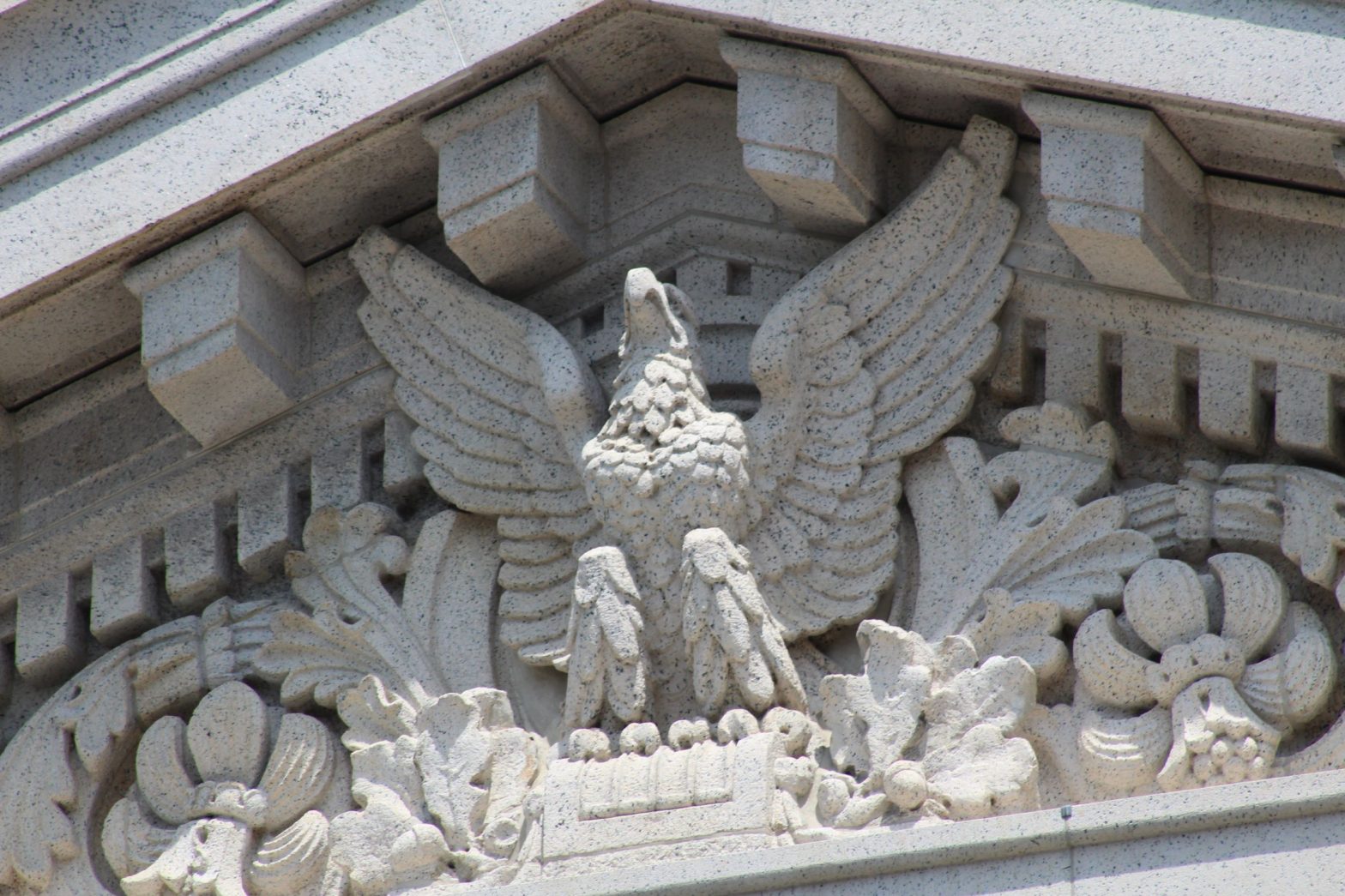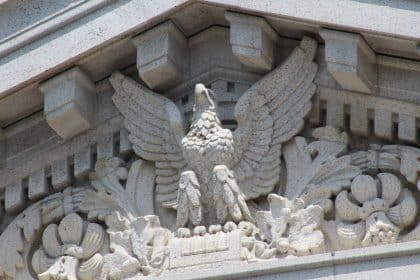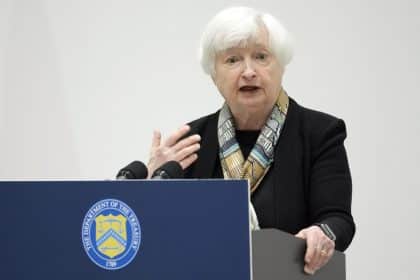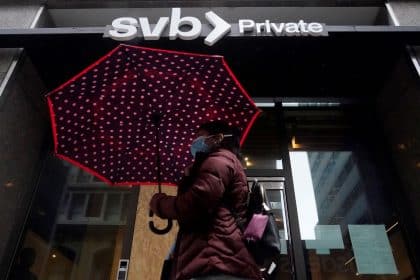Banks Threatened With Tougher Rules After Collapses Deplete Accounts

WASHINGTON — The Federal Deposit Insurance Corporation announced Thursday the nation’s banks will be required to replenish the backup funds depleted by two recent big bank failures.
The FDIC made the announcement on the same day the Government Accountability Office tried to reassure a congressional finance committee the banking system was safe but needed tighter oversight of risky investments.
A GAO report blamed Signature Bank and Silicon Valley Bank for jeopardizing their customers’ money by putting it into investments that pay well when the economy is thriving but can endure dramatic losses when it struggles.
The prime lending rate announced by the Federal Reserve Bank, which is a main factor private banks use to set interest rates on loans, stands at 8.25% this week.
Corporate executives say the rate is too high and depressing economic growth. The Biden administration says a higher-than-usual rate is necessary to bring inflation under control.
Michael Clements, the GAO’s director of financial markets, told the House Financial Services Subcommittee on Oversight and Investigations, high interest rates might have contributed to the two bank failures but a poor investment and management strategy was the main culprit.
“At the end of the day, it’s banks’ responsibility to manage the organization,” Clements said. “However, we think if there are repeated problems, that the regulators need to take more forceful and early action.”
President Joe Biden is asking Congress to give the U.S. Treasury and the FDIC broader enforcement tools and to increase penalties against bankers who manage their accounts irresponsibly.
The FDIC is a U.S. government corporation that provides deposit insurance to depositors in commercial and savings banks. Its current limit on the amount it will insure is $250,000.
Financial regulatory filings from Silicon Valley Bank show many of its corporate and private depositors held much more than $250,000 in their accounts. As much as $151.6 billion in the accounts, or 93.9% of the holdings, were uninsured by the FDIC.
The FDIC estimates a $2.5 billion loss to Signature Bank accounts.
If the Biden administration had not stepped in to cover the losses, the depositors could have lost most of their bank holdings.
The portion of the losses insured by the FDIC depleted its financial reserves, leaving bank customers to question what happens to their money if more banks fail.
The FDIC tried to answer the concerns Thursday with an announcement that large banks will pay most of the costs to replenish the $16 billion deposit insurance fund that Silicon Valley Bank and Signature Bank drained from it.
The regulatory agency said it is assessing a 0.125% fee on banks for uninsured deposits exceeding $5 billion.
The “special assessment” would fall most heavily on large banks with more than $50 billion in assets. They would cover 95% of the assessment.
The assessment is expected to reduce earnings per share for the 14 biggest U.S. lending institutions by about 3%, according to a Credit Suisse analyst’s report.
Some lawmakers at the House Oversight and Investigations Subcommittee hearing said replenishing the FDIC insurance fund would be only a first step toward closer government scrutiny of banks.
Rep. Al Green, D-Texas, the panel’s ranking member, said the recent bank failures result from lax regulatory enforcement during the Trump administration.
“Blaming President Biden and regulators won’t reinstate stronger regulations on midsize banks or promulgate needed legislation to enable lawful clawback of ill-gotten mismanagement executive compensation,” Green said. “Only legislation can do this.”
The subcommittee plans another hearing on bank regulation next week.
You can reach us at [email protected] and follow us on Facebook and Twitter
























